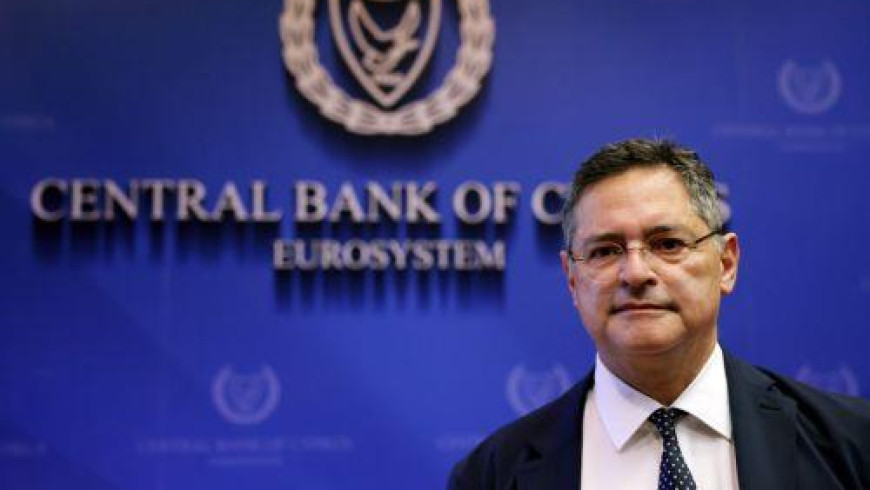
Concerns about terrorism and the economy are likely to weigh on stocks Thursday after three days of heavy selling brought the Dow and the Nasdaq into the red for the year.
About 45 minutes before the open, futures pointed to a lower start for the major indexes.
Stock index futures turned lower after reports from Madrid that at least 173 people were killed in what Spanish officials said was a coordinated attack on the capital's rail system. Authorities blamed Basque separatists, although there has been no claim of responsibility. One separatist leader denied that a prominent militant group was involved in the incident.
Markets, of course, have been sensitive to concerns about terrorism since Sept. 11, 2001. They'll be especially concerned if the blast is the work of a global organization and not one from the region itself.
The Dow Jones industrial average turned negative for 2004 Wednesday with a 1.5 percent drop. The Nasdaq composite index, which went into the red for the year Tuesday, lost an additional 1.6 percent Wednesday as technology issues continued to falter. It was the third straight drop for the major indexes (see chart for details).
The day's economic reports: a soft reading on retail sales in February, excluding strong auto sales, as well as a drop in the number of people filing for unemployment benefits last week, also weighed on the stock futures market, but helped lift bond prices.
The 10-year Treasury note climbed 13/32 of a point, its yield dropping to 3.68 percent from 3.72 percent late Wednesday. The dollar gained against the yen and euro.
Federal Reserve Chairman Alan Greenspan is set to testify before a House committee about how educational reform could help improve the nation's employment situation. But Greenspan is expected to shed little light on the economy, particularly since a monetary policy meeting is on tap next Tuesday.
Asian-Pacific stocks responded to the decline in U.S. stocks with a Thursday selloff of their own. Tokyo's Nikkei index sank 1.2 percent. European markets were sharply lower in the wake of the Madrid explosions.
Among U.S. stocks trading in Europe, Oracle (ORCL: Research, Estimates) was more than 2 percent lower. The business software maker is scheduled to report fiscal third-quarter results after the close; analysts surveyed by First Call see a rise to 13 cents a share from 12 cents a year earlier.
Brent crude oil futures rose 48 cents to $32.00 a barrel in London, where gold rose as well.
About 45 minutes before the open, futures pointed to a lower start for the major indexes.
Stock index futures turned lower after reports from Madrid that at least 173 people were killed in what Spanish officials said was a coordinated attack on the capital's rail system. Authorities blamed Basque separatists, although there has been no claim of responsibility. One separatist leader denied that a prominent militant group was involved in the incident.
Markets, of course, have been sensitive to concerns about terrorism since Sept. 11, 2001. They'll be especially concerned if the blast is the work of a global organization and not one from the region itself.
The Dow Jones industrial average turned negative for 2004 Wednesday with a 1.5 percent drop. The Nasdaq composite index, which went into the red for the year Tuesday, lost an additional 1.6 percent Wednesday as technology issues continued to falter. It was the third straight drop for the major indexes (see chart for details).
The day's economic reports: a soft reading on retail sales in February, excluding strong auto sales, as well as a drop in the number of people filing for unemployment benefits last week, also weighed on the stock futures market, but helped lift bond prices.
The 10-year Treasury note climbed 13/32 of a point, its yield dropping to 3.68 percent from 3.72 percent late Wednesday. The dollar gained against the yen and euro.
Federal Reserve Chairman Alan Greenspan is set to testify before a House committee about how educational reform could help improve the nation's employment situation. But Greenspan is expected to shed little light on the economy, particularly since a monetary policy meeting is on tap next Tuesday.
Asian-Pacific stocks responded to the decline in U.S. stocks with a Thursday selloff of their own. Tokyo's Nikkei index sank 1.2 percent. European markets were sharply lower in the wake of the Madrid explosions.
Among U.S. stocks trading in Europe, Oracle (ORCL: Research, Estimates) was more than 2 percent lower. The business software maker is scheduled to report fiscal third-quarter results after the close; analysts surveyed by First Call see a rise to 13 cents a share from 12 cents a year earlier.
Brent crude oil futures rose 48 cents to $32.00 a barrel in London, where gold rose as well.














 3287.99
3287.99 1275.09
1275.09

